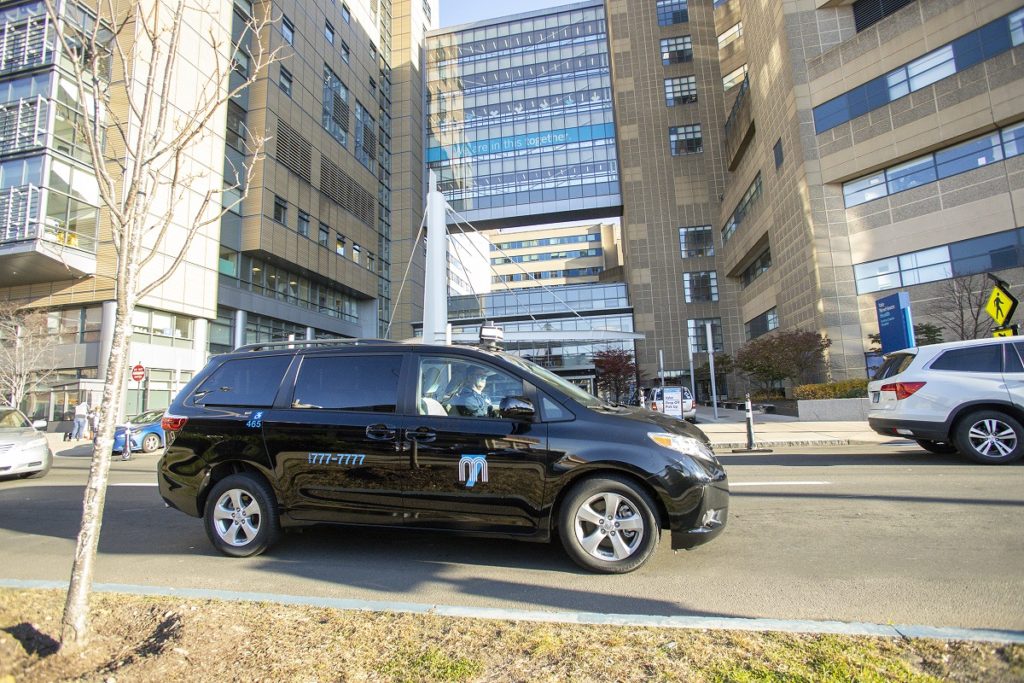Available and Affordable Medical Transportation Options for Seamless Health And Wellness Support
In the realm of medical care, the availability and affordability of clinical transportation are extremely important in making sure people can access the care they need when they require it. The capability to seamlessly browse transportation options can dramatically impact an individual's capacity to receive timely clinical attention, follow-up treatment, and general well-being. From non-emergency medical transportation services to ingenious solutions like telehealth, the landscape of clinical transport is progressing to meet the diverse needs of individuals. Thinking about the value of this aspect in medical care delivery, exploring the selection of alternatives offered becomes important for addressing spaces in availability and cost.
Non-Emergency Medical Transport Solutions

These services are staffed by experienced professionals who focus on individual comfort and safety and security throughout transportation. Vehicle drivers are furnished to take care of people with differing medical demands and make sure that all trips are hassle-free and smooth - Medical Transportation Services Near Me. Furthermore, non-emergency medical transport solutions usually use specific lorries that are wheelchair-accessible, making them suitable for a vast array of people with various movement demands
Volunteer Vehicle Driver Programs
Volunteer driver programs are important in providing transportation support for people in requirement of non-urgent healthcare. These programs depend on the kindness of volunteers that contribute their time and cars to aid transport patients to and from medical consultations. By utilizing volunteer chauffeurs, companies can offer a cost-efficient service for people that may not have access to reputable transportation.
One of the vital benefits of volunteer chauffeur programs is the customized care and focus that individuals get. Unlike standard transportation solutions, volunteer motorists frequently create a rapport with the people they assist, creating a compassionate and helpful environment throughout what can be a difficult time. Additionally, volunteer chauffeur programs can aid connect the void for individuals living in country or underserved areas where public transport options might be limited.
Public Transport Options

Among the vital advantages of public transportation is its prevalent schedule in metropolitan and rural locations alike. This considerable network permits clients from diverse histories to take a trip to clinical appointments with loved one ease. Additionally, public transportation systems are typically outfitted to suit people with disabilities, supplying available traveling alternatives for those with wheelchair challenges.

Ride-Sharing and Transport Network Firms
The evolution of contemporary transport options for medical objectives expands beyond standard public systems like buses and trains to incorporate the ingenious world of ride-sharing and transport network companies. Ride-sharing solutions such as Uber and Lyft have actually transformed the way individuals travel to clinical appointments, using ease and flexibility to people that may not have navigate here accessibility to their cars or traditional public transport. These systems permit users to request an adventure with the touch of a button on their mobile phones, supplying door-to-door solution that can be especially helpful for individuals with movement difficulties or those needing assistance.
Transport network firms (TNCs) have actually additionally played a substantial top article function in linking the gap in clinical transportation solutions. Business like Veyo and RoundTrip specialize in non-emergency clinical transportation, satisfying people who need a greater level helpful throughout their trips to clinical centers. By partnering with doctor and insurance providers, TNCs ensure that patients can access dependable and timely transportation solutions, ultimately adding to boosted health end results and patient contentment.
Telehealth and Virtual Assessments
Enhancing health care access and ease, telehealth and virtual examinations have actually arised as pivotal components in modern-day medical techniques, revolutionizing the method people engage with health care carriers. This technique not just conserves time and lowers transport costs for people however additionally enhances the overall performance of medical care shipment.
Furthermore, telehealth plays a crucial duty in prolonging clinical solutions to underserved areas, backwoods, and individuals with minimal wheelchair. By damaging down geographical obstacles and enhancing healthcare outreach, telehealth promotes early intervention, continuity of care, and individual involvement. As technology remains to breakthrough, telehealth is positioned to play a significantly significant function in forming the future of medical care delivery, promoting better health end results and person satisfaction.
Conclusion

From non-emergency medical transportation solutions to innovative options like telehealth, the landscape of medical transport is evolving to meet the diverse demands of patients.Non-Emergency Medical Transportation Services promote the prompt and safe transportation of individuals requiring non-urgent medical treatment to and visite site from healthcare facilities.The evolution of modern-day transport options for clinical functions expands beyond conventional public systems like trains and buses to incorporate the cutting-edge world of ride-sharing and transport network companies.Transportation network firms (TNCs) have also played a significant function in bridging the gap in clinical transportation services. Non-Emergency Medical Transportation Services, Volunteer Motorist Programs, Public Transport Options, Ride-Sharing and Transport Network Business, and Telehealth and Virtual Consultations all play a vital duty in dealing with transportation barriers to healthcare access.